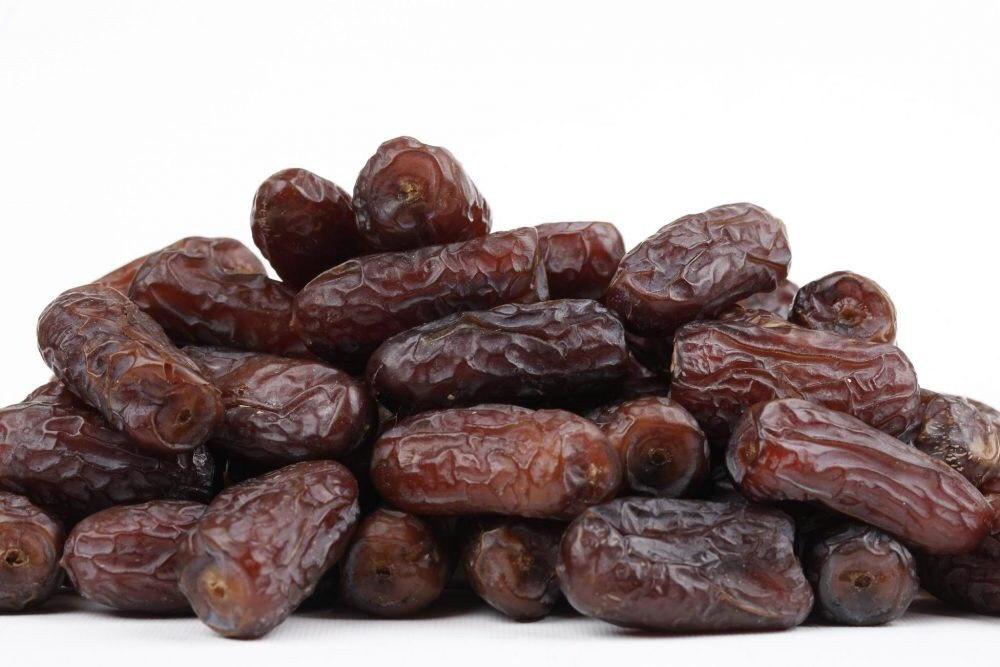Kurma Supplier: Date Suppliers and Import Regulations

Introduction
Dates, with their sweet taste and nutritional benefits, have gained popularity worldwide. As the demand for dates continues to rise, the role of Kurma supplier becomes crucial in ensuring a steady supply of high-quality dates to meet consumer needs. In this blog post, we will delve into the world of date suppliers, their significance in the market, and explore the specific requirements and regulations for importing dates in different countries.
Kurma Supplier: The Significance of Date Suppliers
Date suppliers play a vital role in the date industry, acting as key intermediaries between date producers and consumers. Here are some key aspects of their significance:
1. Sourcing and Quality Control
Date suppliers are responsible for sourcing dates from various producers and regions. They establish relationships with trusted farmers and date farms to ensure a consistent supply of high-quality dates. Suppliers also perform rigorous quality control checks to ensure that the dates meet the desired standards in terms of taste, texture, appearance, and freshness.
Sourcing and quality control are critical aspects of the date supply chain. Date suppliers carefully select their sources, establishing relationships with trusted farmers and date farms to ensure a reliable supply of high-quality dates. They consider factors such as the cultivation practices, harvesting methods, and environmental conditions to ensure the dates are produced under optimal conditions. Additionally, suppliers perform rigorous quality control checks, inspecting the dates for freshness, taste, texture, and appearance. They may also conduct laboratory tests to verify the nutritional composition and ensure compliance with food safety standards. By prioritizing sourcing and quality control, date suppliers maintain the integrity of the dates they supply, providing consumers with the best possible product.
2. Packaging and Distribution
Once the dates are sourced and quality-checked, date suppliers take charge of packaging and distribution. They package the dates in different quantities and formats, catering to the needs of both retailers and consumers. Suppliers also handle the logistics, ensuring efficient transportation and timely delivery of dates to their destinations.
3. Market Knowledge and Trend Analysis
Date suppliers possess valuable market knowledge and insights. They stay updated on the latest market trends, consumer preferences, and emerging varieties of dates. This information helps them make informed decisions about which varieties to source and supply. Suppliers also provide feedback to producers, assisting them in improving their offerings based on market demand.
Specific Requirements and Regulations for Importing Dates
When it comes to importing dates, specific requirements and regulations vary from country to country. Importers need to comply with these regulations to ensure smooth customs clearance and legal importation. Here are some common factors considered:
1. Food Safety Standards
Many countries have strict food safety standards and regulations in place to protect consumer health. Importers must adhere to these standards, ensuring that the dates meet the necessary hygiene and safety requirements. This may include certifications, labeling specifications, and compliance with microbiological and chemical standards.
2. Phytosanitary Measures
Phytosanitary measures aim to prevent the introduction and spread of pests and diseases through imported plants and plant products, including dates. Importers may be required to provide phytosanitary certificates issued by the exporting country’s plant protection authority. These certificates verify that the dates are free from pests and diseases and meet the importing country’s phytosanitary requirements.
3. Customs Documentation and Duties
Importing dates often involves customs procedures and documentation. Importers need to provide accurate and complete documentation, including commercial invoices, packing lists, and certificates of origin. Additionally, import duties and taxes may apply, which vary depending on the importing country’s tariff schedule and trade agreements.
4. Labeling and Packaging Requirements
Different countries have specific labeling and packaging requirements for imported food products, including dates. Importers must ensure that the labeling on the date packaging complies with the importing country’s regulations regarding ingredients, nutritional information, allergen declarations, and language requirements.
5. Import Permits and Restrictions
Certain countries may require import permits or impose restrictions on the importation of dates. Importers need to obtain the necessary permits or licenses from the relevant authorities in the importing country. They must also be aware of any specific restrictions, such as quantity limits or bans on certain varieties, and ensure compliance with these regulations.
Conclusion
Date suppliers, or Kurma suppliers, play a vital role in ensuring a steady supply of high-quality dates to meet consumer demand. They source, quality-check, package, and distribute dates while staying updated on market trends. Importing dates involves complying with specific requirements and regulations that vary from country to country. Importers must consider factors such as food safety standards, phytosanitary measures, customs procedures, labeling requirements, and import permits. By adhering to these regulations, importers contribute to the availability of dates in different markets while ensuring compliance with legal and safety standards.
Key Highlights
– Date suppliers play a crucial role in sourcing, quality control, packaging, and distribution of dates.
– They possess market knowledge and insights, helping them make informed decisions about which varieties to source and supply.
– Importing dates requires compliance with specific requirements and regulations that vary from country to country.
– Factors such as food safety standards, phytosanitary measures, customs procedures, labeling requirements, and import permits are considered when importing dates.
– Importers contribute to the availability of dates in different markets while ensuring compliance with legal and safety standards.